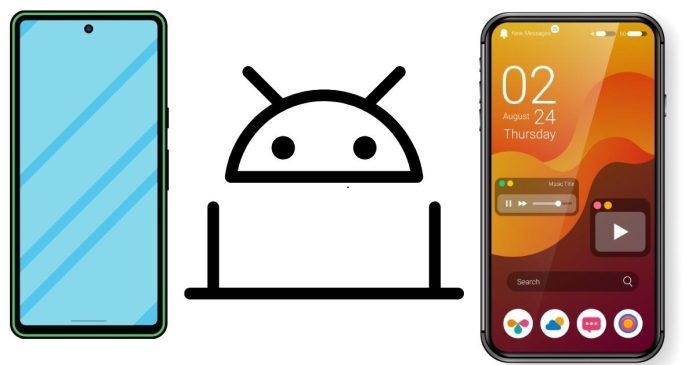Android is one of the most widely used mobile operating systems in the world, powering billions of devices globally. Developed by Google, Android was initially released in 2008 and has since evolved into a robust, flexible, and open-source platform that has transformed the mobile landscape.
At its core, Android is built on the Linux kernel, which ensures a stable and efficient foundation for managing hardware resources. Over the years, Android has grown to support a wide range of devices, from smartphones and tablets to wearables, smart TVs, and even automotive systems. Its versatility has made it the go-to choice for manufacturers, developers, and consumers alike.
One of the defining features of Android is its open-source nature. This allows developers to customize the operating system and create unique user experiences. The Android development community has flourished due to this openness, resulting in a rich ecosystem of apps available through the Google Play Store. With millions of apps available for download, Android users enjoy a vast array of choices for productivity, entertainment, and creativity.
Android is also known for its regular updates, with new features and security patches rolled out regularly. The operating system continues to innovate, offering features like voice assistants (Google Assistant), advanced security protocols, and integration with other Google services, such as Google Drive, Google Maps, and Gmail. The Android ecosystem is deeply interconnected, providing seamless integration with smart home devices, cloud services, and more.
Overall, Android has become synonymous with modern mobile computing. Its open-source nature, user-friendly interface, and ever-expanding capabilities ensure that it remains a dominant force in the tech world for years to come. Whether for casual users or developers, Android offers a platform that adapts to diverse needs and preferences.



